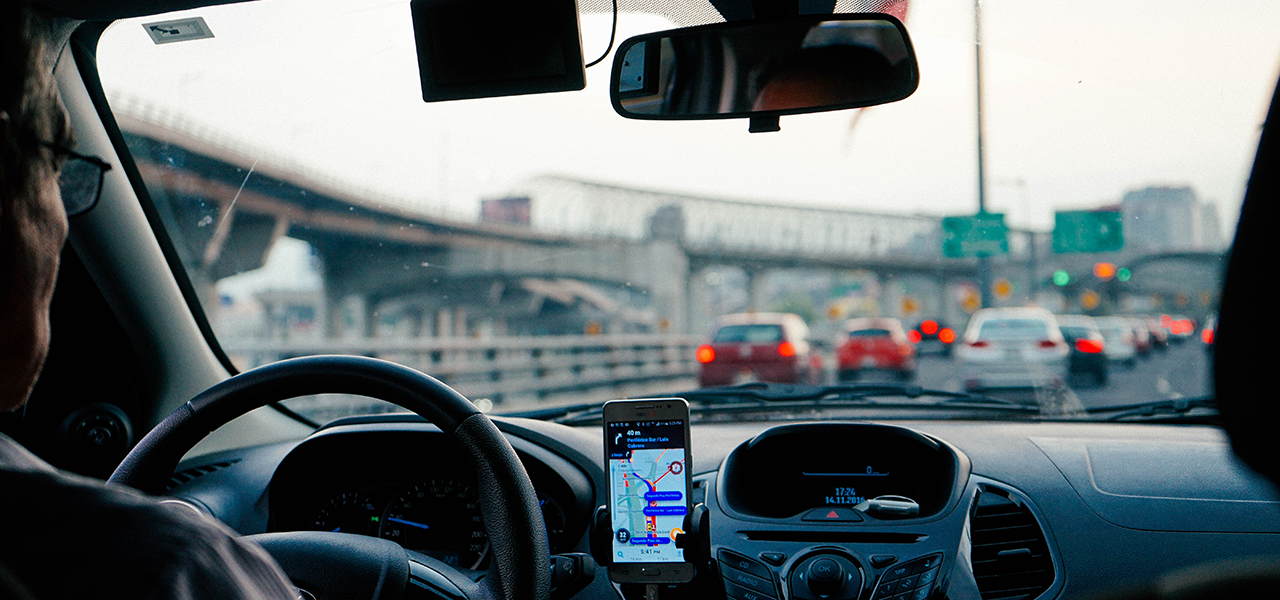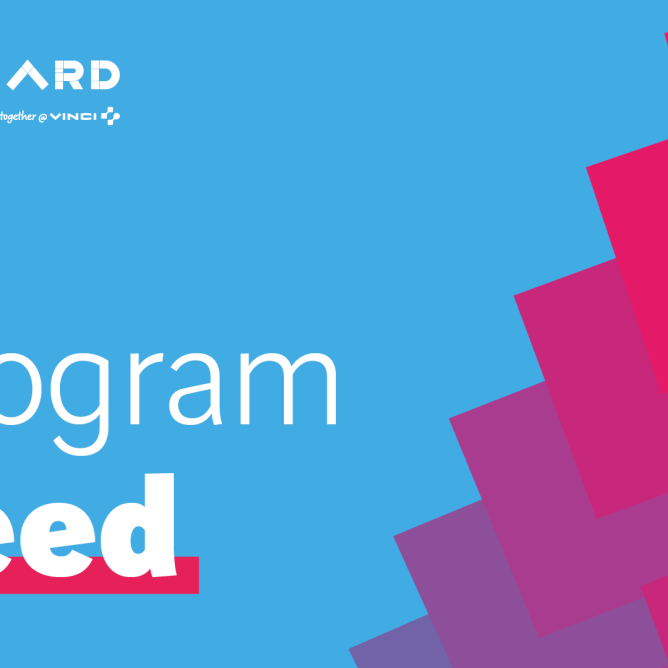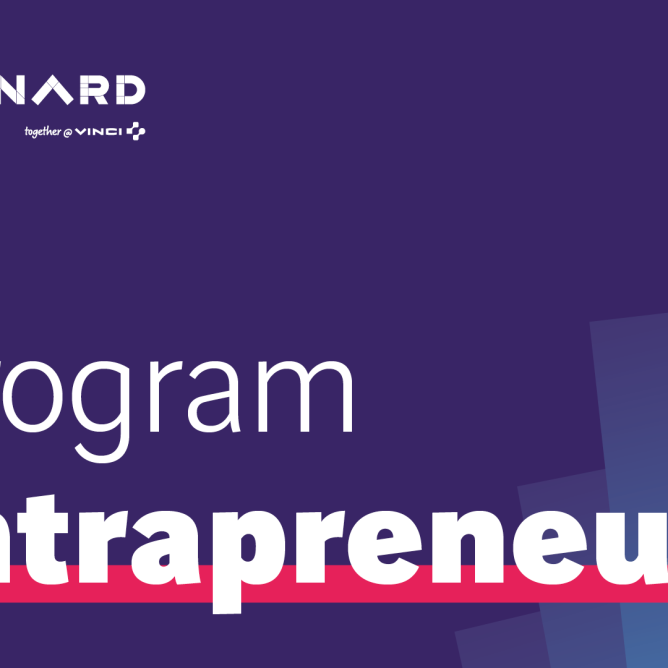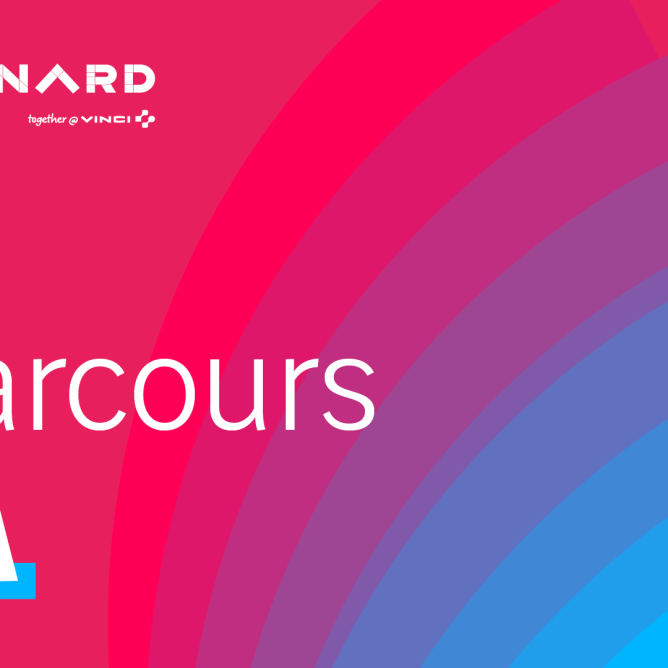
The industry is looking bright: the American economist Richard Thaler, who is best known for his work on the nudge theory, recently won the Nobel Prize in economics established by Sweden’s central bank. Governments and the design world have found many uses for this “libertarian paternalism”. Here are three examples of nudging in an urban context, showing clever ways to prompt people.
#01 – Edinburgh’s bigger recycling bins
In a pilot scheme across 140,000 households, Edinburgh City Council has successfully increased the amount of recycled waste by 85%, all thanks to a double nudge. Household recycling bins are now twice as big as other bins, while refuse bins for household waste have been reduced in size.
#02 – Canterbury opts for self-surveillance over Big Brother
In February 2017, an experiment in Canterbury to reduce motor vehicle pollution, turned the (up until then) dominant dogma in the field of British behavioral psychology, upside down. A pair of “watching eyes” were added to existing signs, having a rather Big Brother-type effect. At the time, this was considered the most effective method for discouraging people from stealing bikes or from throwing rubbish on the street. However, in order to encourage drivers to turn off their engines when waiting at a level crossing, a simple written sign was used: “Think of yourself: When barriers are down switch off your engine.” By asking the drivers to reflect on whether they were complying with the instruction, 50% more of drivers turned off their engines.
#03 – The app making driving safety fun
When it comes to road safety and traffic regulation, nudging has been around for a long time. Amongst one of the most original uses is Safest Driver, launched by an MIT startup for Boston’s city council. The mobile app dares you to “challenge your friends, family, co-workers, and neighbors to see who is the best driver.” This quantified self app plays on our often strong urge for competition, all while giving you feedback on your driving via stats on your speed, harsh braking and even phone distraction.


